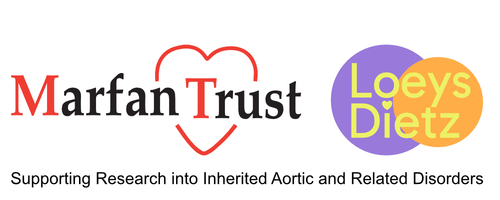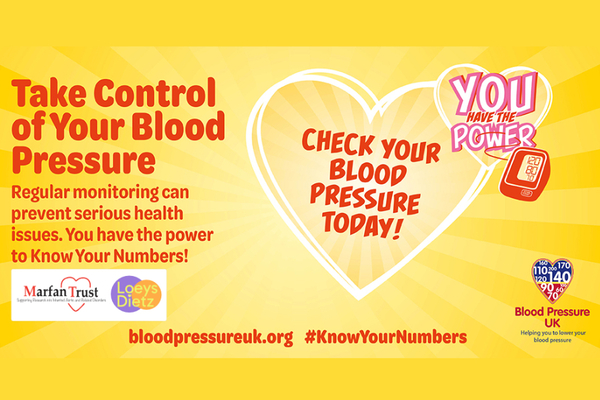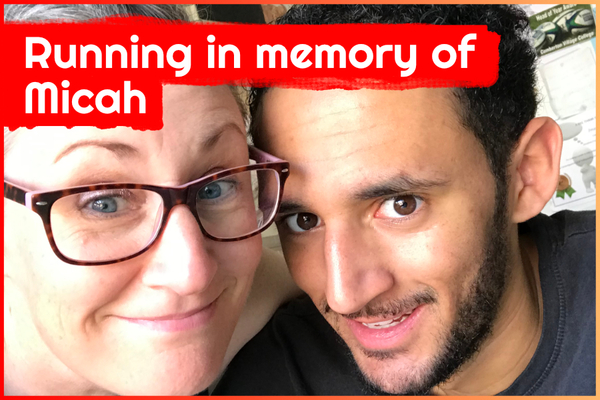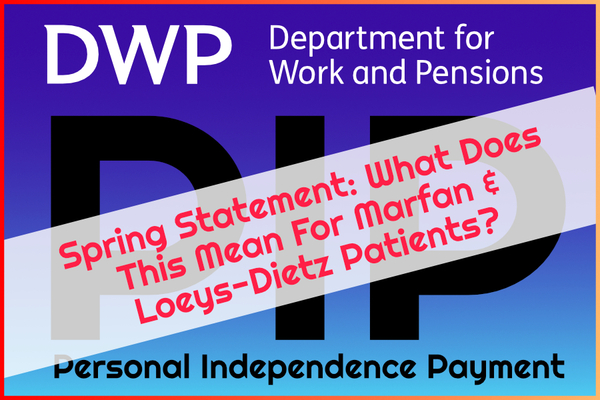A reliable measure of health and happiness, your blood pressure matters! Like water travelling through a garden hose, your blood flows around your arteries, exerting force against the walls. When the pressure exerted is too high, it can be dangerous. Know your numbers!
This week is ‘Know Your Numbers’ Week across the UK, a campaign that aims to ensure everyone knows their what their blood pressure is and what steps to take if it’s high.
High blood pressure usually has no symptoms, which is why it’s important to check it regularly, either at the GP, pharmacy or at home.
As you know, good blood pressure control in Marfan syndrome (MFS) and Loeys-Dietz (LDS) is really important to help protect the aorta and prevent some of the life-threatening complications that can occur.
It’s important for you to remember that your blood pressure will be managed slightly differently to the general population, and you may be on blood pressure medication even if you DON’T have high blood pressure.
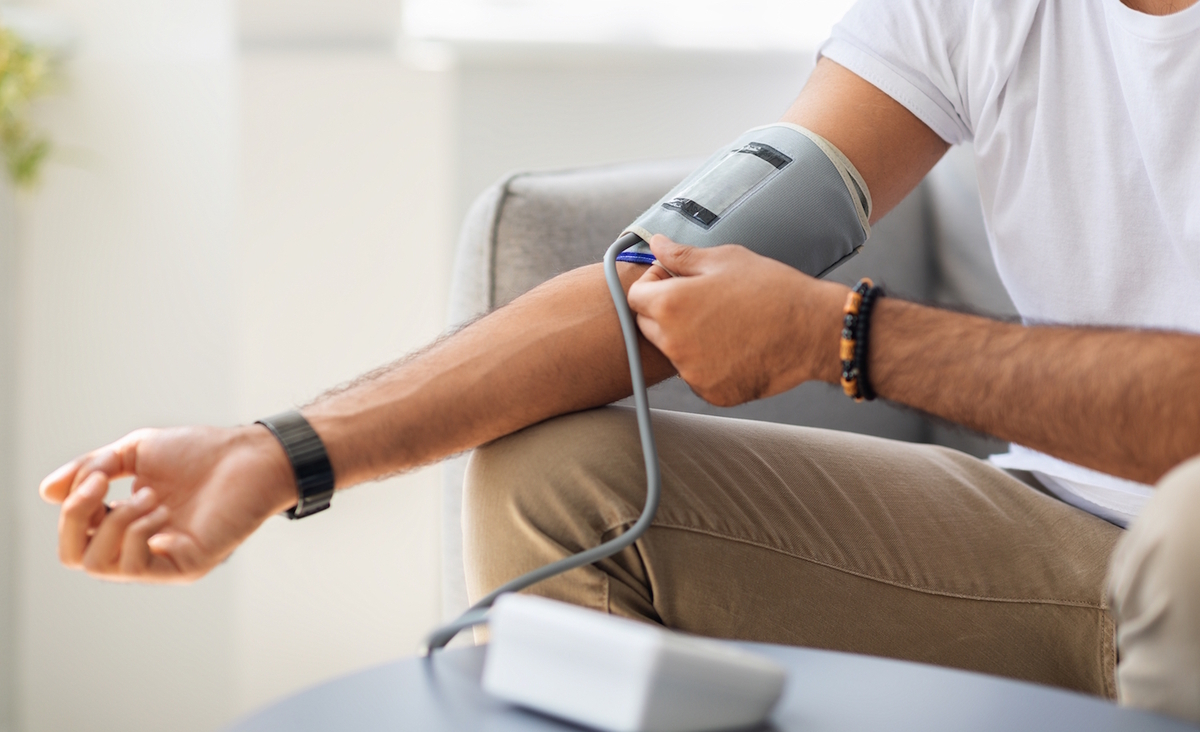
What is high blood pressure?
Hypertension is the term used by doctors to describe high blood pressure. Your blood pressure is made up of two numbers, to give a figure like 120/80.
Systolic blood pressure – this is the ‘top’ number and refers to the peak pressure in your blood vessels as the heart beats to pump blood around the body
Diastolic blood pressure – this is the ‘bottom’ number and refers to the lowest pressure in your blood vessels as the heart relaxes
Your blood pressure is considered high if it is consistently equal to or greater than 140/90. At this level, your GP will usually start you on medication to reduce your blood pressure and give you advice about lifestyle changes that can also benefit your blood pressure.
Why do we worry about high blood pressure?
Unfortunately, over time, high blood pressure can cause damage to the heart, the arteries and other, smaller blood vessels throughout the body. This increases the risk of many different conditions including:
- Stroke
- Heart disease
- Kidney disease
- Vascular dementia
- Peripheral artery disease
- Erectile dysfunction

This short video is a useful visual demonstration of the increasing risk of heart disease and stroke specifically.

How Can You Reduce Your Blood Pressure?
Luckily, there are positive changes you can make which can reduce your blood pressure and subsequently reduce your risk of some of the illnesses mentioned above.
- Take the medication prescribed by your doctor, some people are reluctant to take tablets when they don’t ‘feel ill’. It’s important to shift the mindset here – blood pressure medications will not make you feel much different or ‘better’. Their aim is to keep you healthy and prevent bad things happening in the future. This applies both to blood pressure control and medication prescribed to prevent or slow down aortic dilatation.
- You can read more about the types of medication that individuals with MFS/LDS will usually be prescribed in one of our previous Friday Facts here
- Reduce your weight
- Stop smoking
- Try and reduce your stress levels
- Eat a healthy diet with less salt and lots of fruit and vegetables
- Take regular moderate exercise - aerobic exercise is recommended. Remember to start slowly and build up gradually, aiming for around 30 minutes of exercise a day 5 times a week. If you have MFS/LDS, your exercise will need to be tailored to your individual needs, we recommend that you speak with your doctor prior to starting a new exercise routine so they can advise you.

There are a couple more useful resources here if you want to find out more about your blood pressure and how to make some healthy changes to reduce it.
